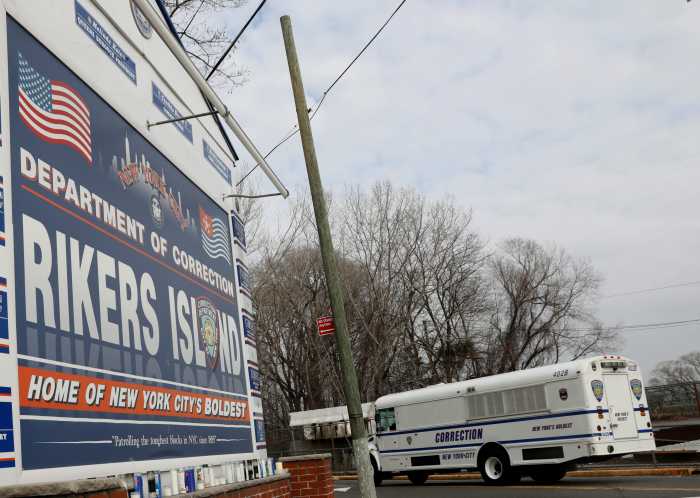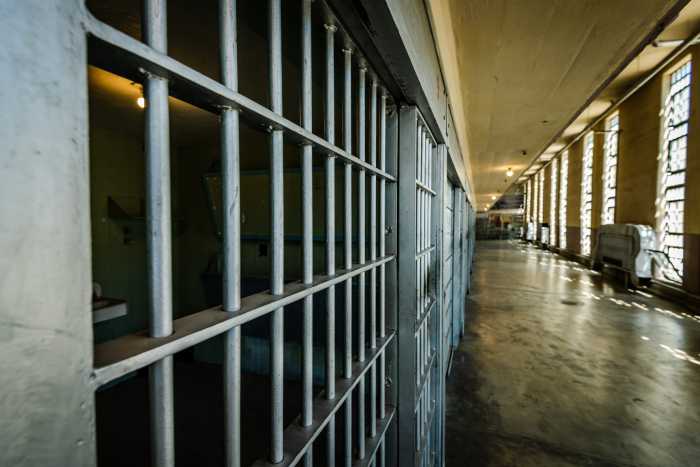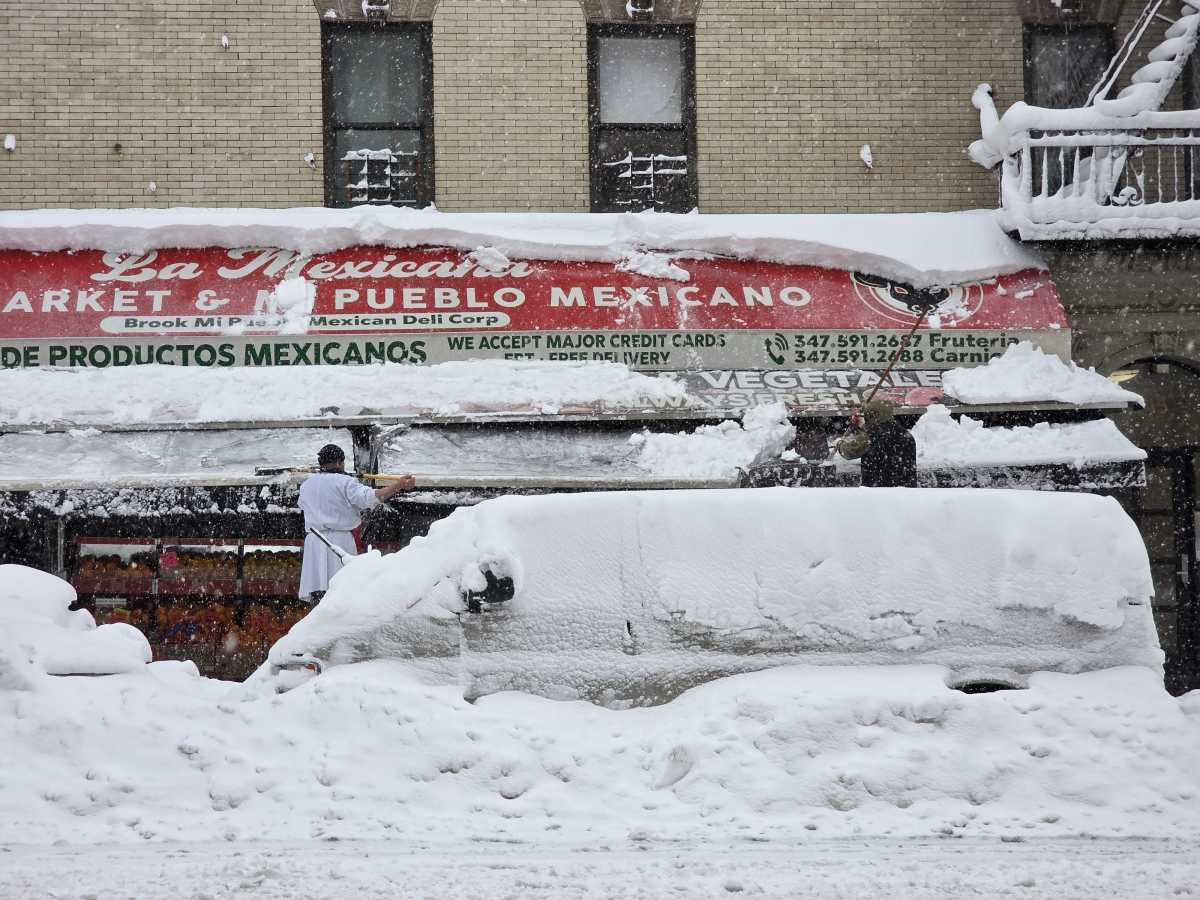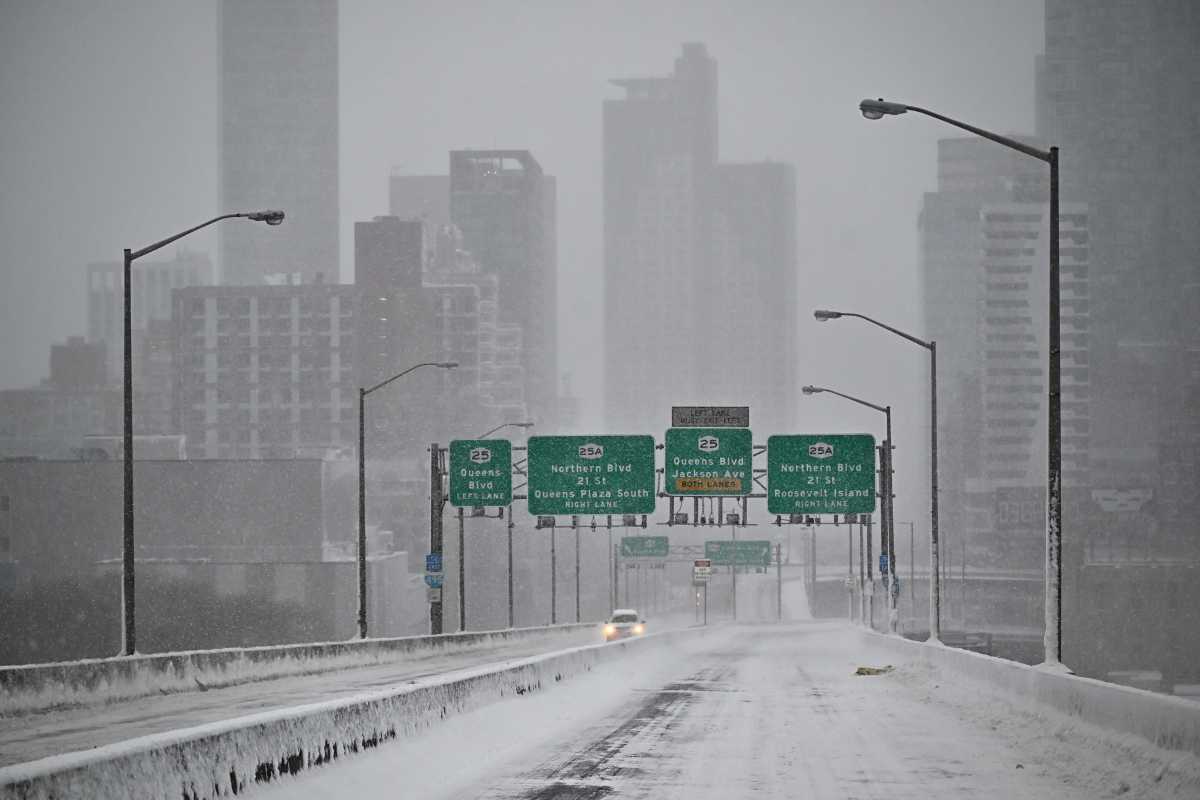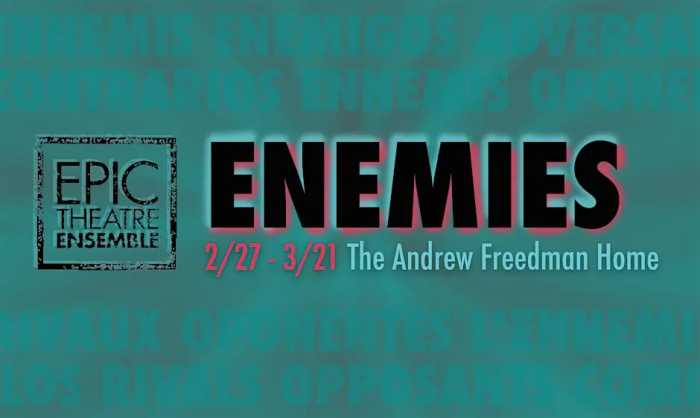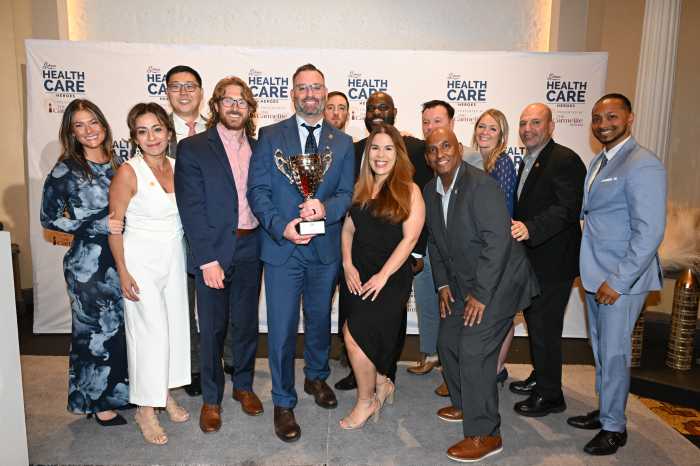Ask anyone coming home from prison and they will tell you they don’t ever want to go back to such a brutal, dehumanizing place.
But aspiration often meets hard reality. Housing, jobs, and family support can be hard to find. Mental and physical health care is often lacking in our communities.
On top of this, people are required to meet numerous conditions of parole which sound reasonable on paper, but actually end up as barriers to employment, disruptions to family, and tripwires sending people right back to prison.
I should know. I spent a decade cycling in and out of jail and prison for selling drugs and robbery, then spent four and a half years on parole. Since then, I have worked for three decades at The Fortune Society, which serves over 9,000 people each year coming home from prison, aiming to help them thrive.
The New York State legislature has a golden opportunity to reorient the parole system to help people come home successfully, rather than serve as a revolving door to incarceration. Our elected representatives in Albany must pass a bill call the Less Is More Act, and they should do it now.
Very few people think New York’s parole system works well. 70% of people on parole get locked up within three years of release, not for new convictions, but rather, for violating parole rules – things like breaking curfews, missing a meeting with a parole officer, failing a drug test, violating overly strict restrictions on where to live or work or whom to spend time with. If you run afoul of any one of these, parole authorities can send you right back behind bars, for weeks, months, or even years. New York State locks up more people like this than anywhere else in the country.
Some people argue this harsh parole regime prevents crime. There is no evidence to back that up. Instead, it strips people of whatever stability they’ve been able to establish, setting them back to square one. That creates more crime, not less.
Parole officers have overwhelming caseloads, but few resources for their clients that would foster successful reentry, like housing, a job, treatment, or education. Yet, parole officers get blamed whenever anything goes wrong.
African American and Latinx people bear the brunt of this system. They are locked up in NYC 12 times and 4 times more, respectively, than white people. Their reincarceration on parole violations causes untold harm when bread-winners are stripped of their ability to provide for their families – victimizing not only them, but their loved ones and community as well.
Incarcerating people for parole rules violations costs NYC and NYS taxpayers over $680 million a year. Imagine what we could do with that money?
The Less Is More Act would fix this broken parole system. People doing well would be rewarded with time off their parole terms, incentivizing positive behavior. Re-incarceration would be reserved for the most serious cases, and people would get a lawyer and a speedy hearing before that could happen. Parole officers would have reasonable caseloads, so they can actually get to know people and connect them with housing and jobs. The hundreds of millions of dollars saved could be invested in housing, small business grants, family programs, mental health care and more. Notably, Bronx District Attorney Darcel Clark supports Less Is More.
This is personal. It is also generational. I have four children. Watching me since I came home, they’ve seen that with the right support and opportunity, the streets did not have to be their destiny. They have all now graduated high school. All are working, responsible adults. We can break the cycle.
My story is the story of thousands of others. New York State should pass Less Is More and maximize the chance of success for all of us.
Stanley Richards, Executive Vice President at The Fortune Society, Inc., is a member of the Independent Commission on NYC Criminal Justice and Incarceration Reform and Vice Chair of the NYC Board of Correction.




